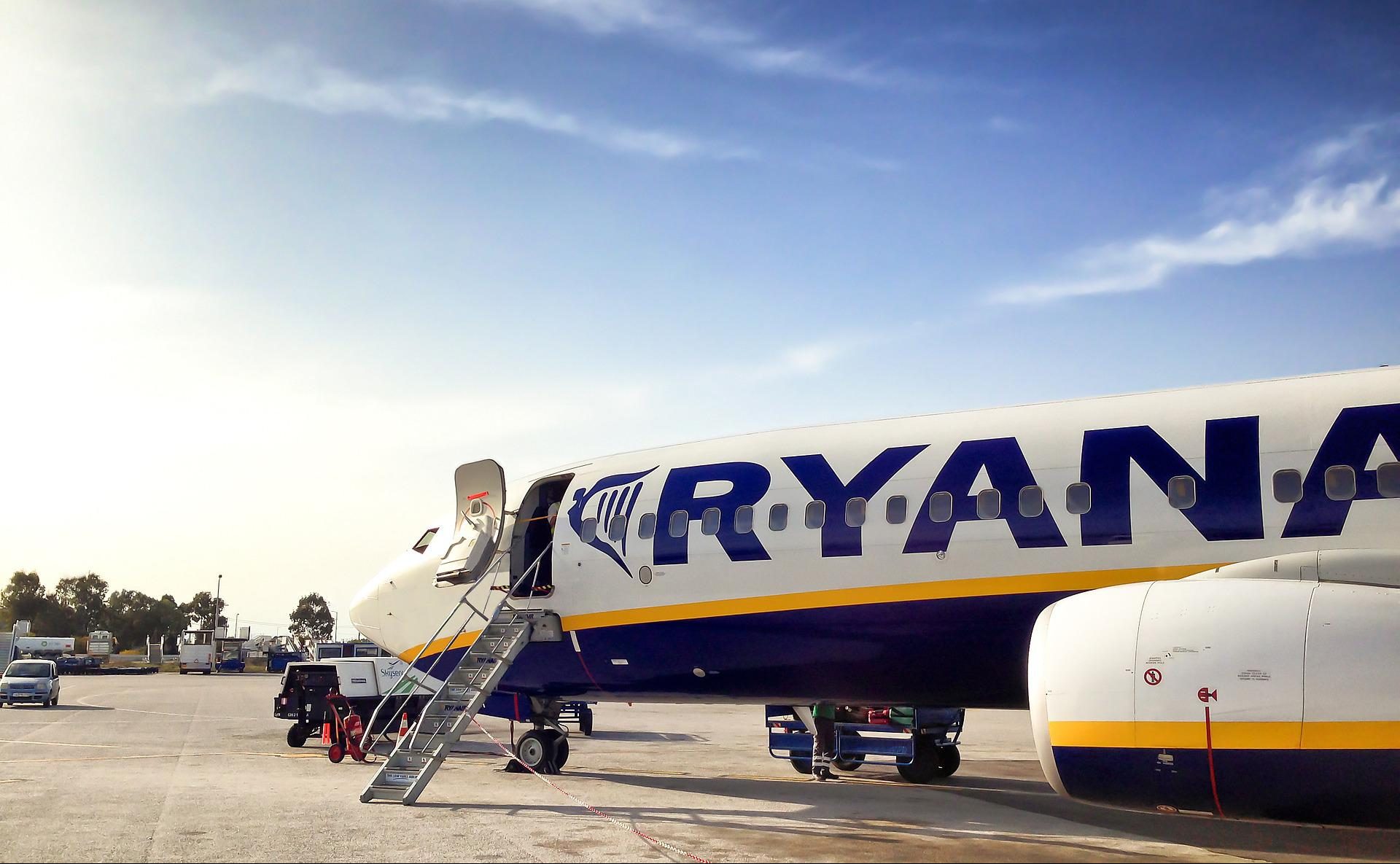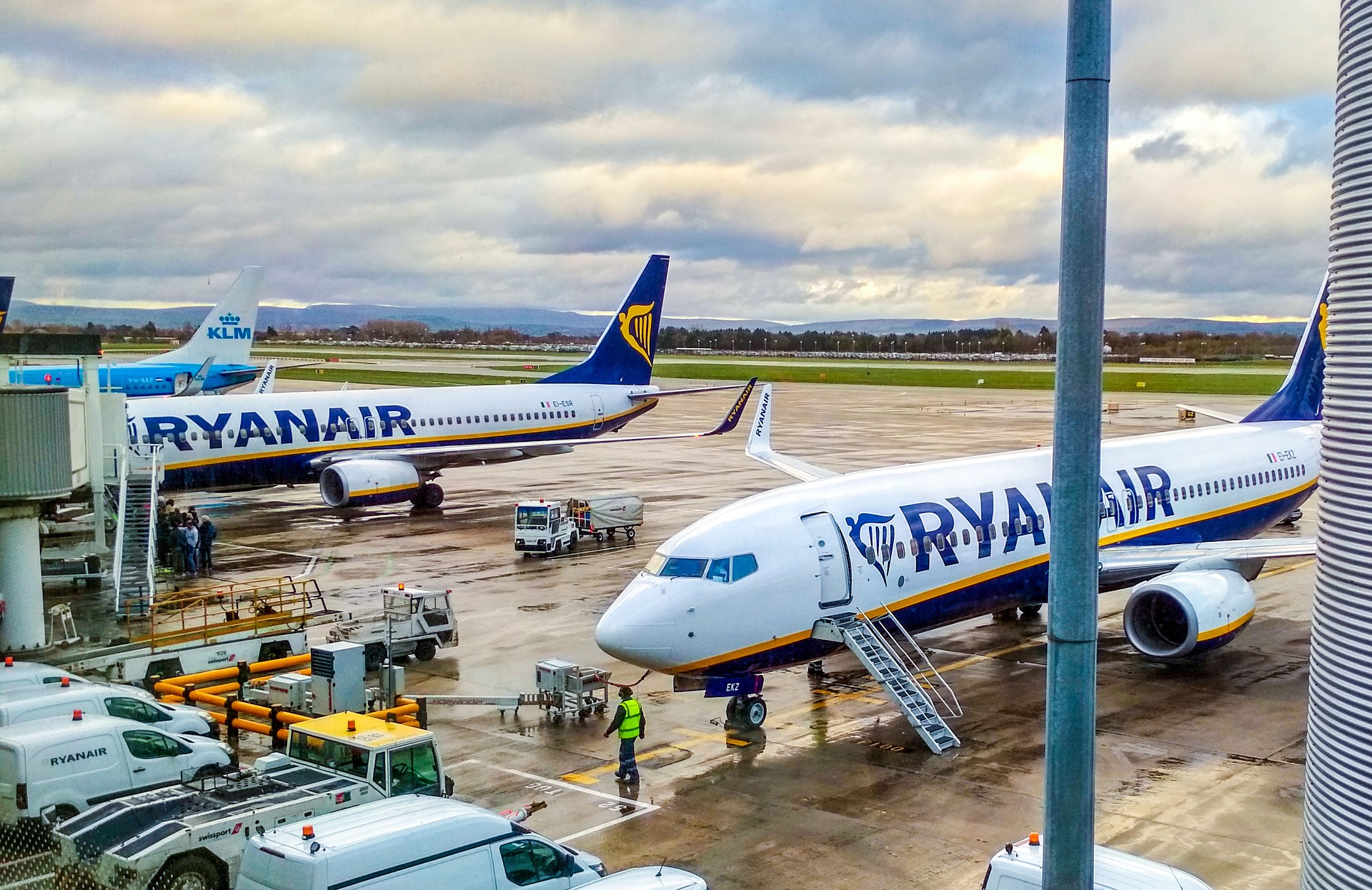
Hungarian and EU consumer protection rules prohibit all airlines from communicating the indirect pass-through of their own costs to consumers as if it were a tax on consumers, the statement says.Continue reading

The high number of complaints has led the Minister for Consumer Protection to order an extraordinary investigation into Ryanair’s practices, Index reports. The Hungarian government considers it unacceptable and rejects Ryanair’s decision to pass on the extra tax imposed on airlines to passengers. The Hungarian authorities could impose a consumer protection fine of up to HUF 2 billion (EUR 5 million) on the airline.
According to the Ministry of Justice, every year the airline receives an unacceptably large number of consumer complaints, mostly about flight cancellations, inadequate information, baggage handling, and communication with passengers. In addition, the government considers it unacceptable that the extra profit tax imposed on airlines is being passed on to travelers.
In response to RTL‘s request, the government said that the extraordinary inspection, which will continue throughout the summer, will examine, among other things, the airline’s handling of complaints.
The extra profit (windfall) tax decree was published in the Hungarian Gazette. Under the decree, an extra tax of HUF 3900 (almost EUR 10) and HUF 9750 (EUR 24) will be levied on airline tickets.
As we have also reported, Ryanair called the Hungarian government’s decision “ill-timed” and “ill-advised,” adding that the sector has been heavily loss-making for the last two years and the decree will harm Hungarian tourism. Ryanair’s CEO Michael O’Leary also criticized the decision, saying that “At a time when many other EU countries are lowering taxes and fees to recover traffic, tourism, and jobs, the Hungarian [government] is doing the opposing by making air travel to/from Hungary more expensive and less competitive.”
Minister for Economic Development Márton Nagy said, that “We do not understand their double standards. Ryanair pays the same type of tax for instance in Germany, the Netherlands, Sweden, and France, in keeping with the law, and without raising any problems … so why do they object to the Hungarian procedure?”
Most recently, the Budapest Committee of the Safe Society Foundation, which also deals with consumer protection regulation, has denounced Ryanair for displaying misleading messages to Hungarian consumers on its website, which according to the Foundation, gives the false impression that the increase in charges for consumers is not the company’s own business decision and that the extra charge is being imposed on Ryanair.
Featured image: illustration via Pixabay